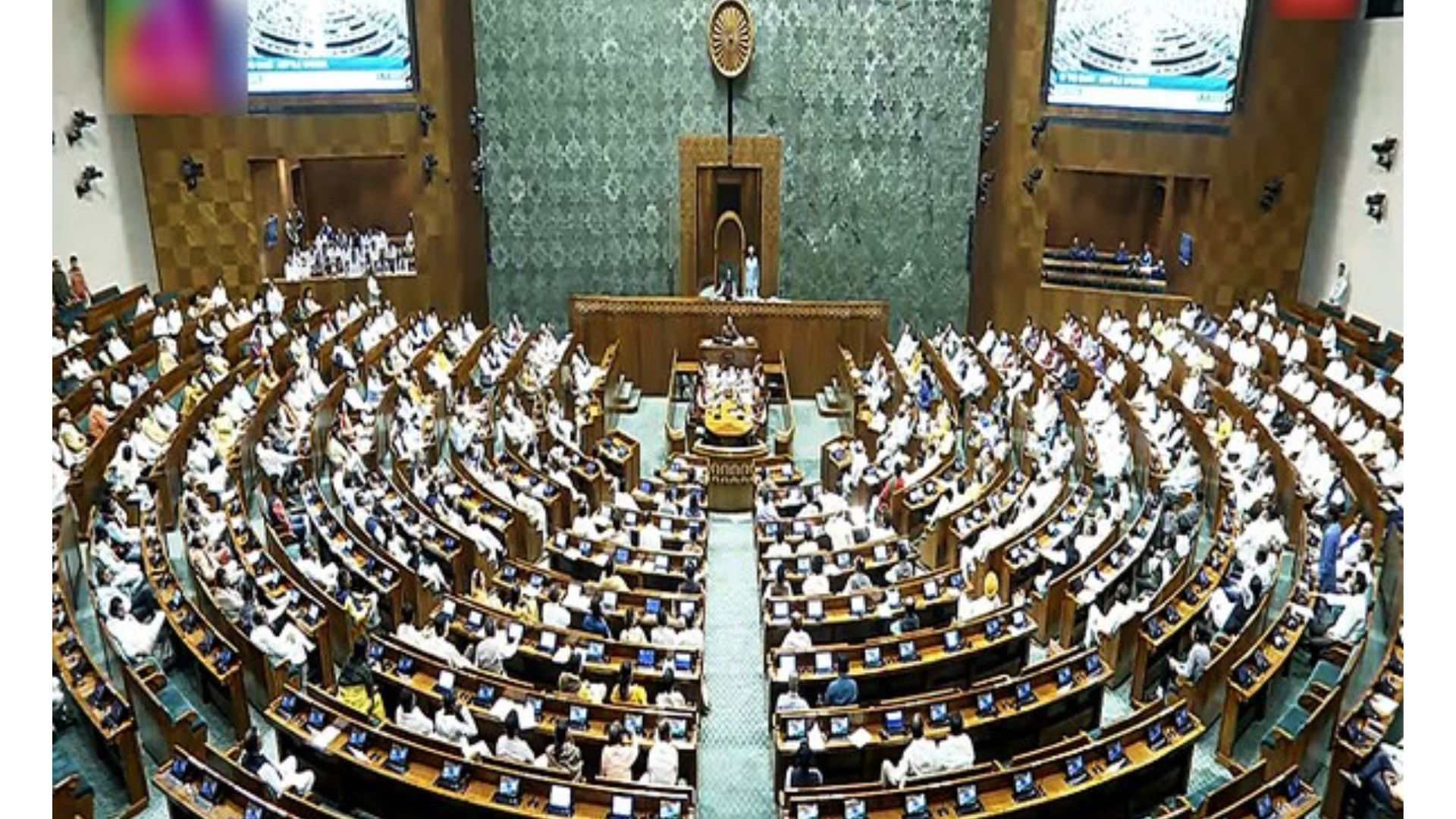On Thursday, Shiv Sena leader and Joint Parliamentary Committee (JPC) panelist Naresh Mhaske stated that the Waqf Amendment Bill 2024 aims to ensure justice for the poorest and most marginalized citizens. Speaking to media ahead of a JPC meeting on the bill, Mhaske emphasized that the bill seeks to address issues highlighted in the Sachar Committee report presented earlier by the Congress. He asserted, “We want the poorest and most backward citizens to get justice. If the Waqf Board stands above the Constitution, a legal decision will have to be taken.”
JPC chairperson Jagdambika Pal noted that the committee will prioritize input from minority organizations while deliberating the bill. Pal added that the government’s primary goal is to ensure Waqf properties benefit backward Muslims and women. The committee includes 21 members from the Lok Sabha and 10 from the Rajya Sabha.
The Waqf (Amendment) Bill 2024 was introduced during the budget session of Parliament and subsequently referred to the JPC for further review. The proposed amendments include renaming the Waqf Act of 1995 as the Unified Waqf Management, Empowerment, Efficiency, and Development Act. The bill seeks to redefine “Waqf” as property endowed by a practicing Muslim for at least five years, ensuring the creation of Waqf-alal-aulad does not infringe upon women’s inheritance rights.
Key provisions include omitting “Waqf by user,” assigning survey responsibilities to the Collector, broadening the composition of Waqf councils and boards, and ensuring representation of Muslim women and non-Muslims. The bill also proposes establishing separate Auqaf boards for Boharas and Aghakhanis, reforming the Tribunal structure, and allowing appeals to the High Court within 90 days.
Minority Affairs Minister Kiren Rijiju, who introduced the bill in the Lok Sabha, announced that the JPC is expected to submit its report by the first week of the winter session of Parliament.







